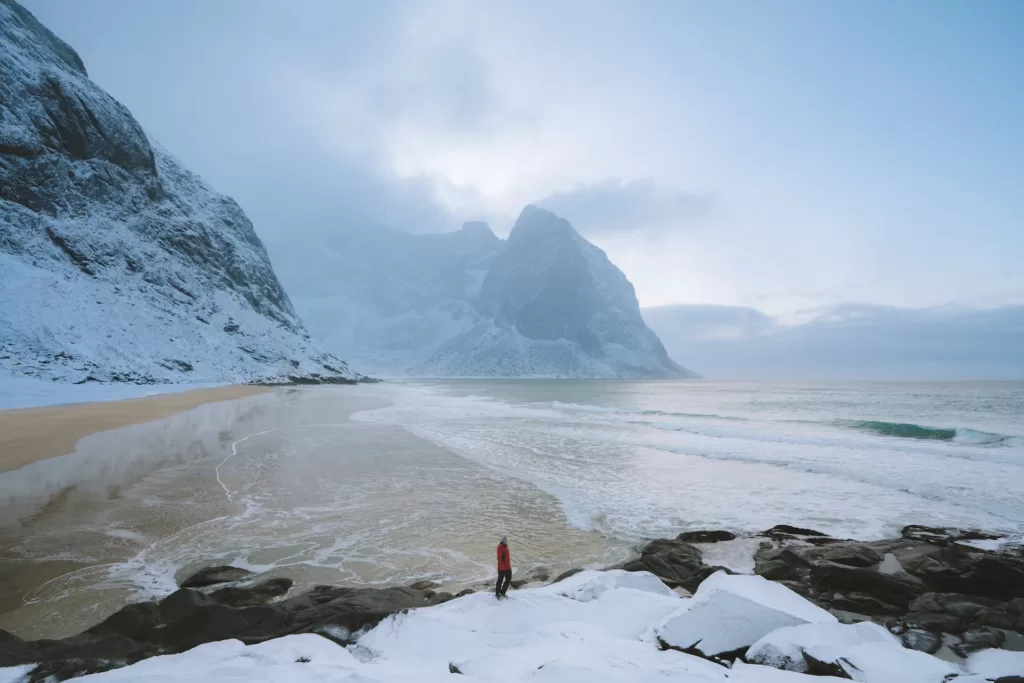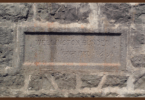Safety During Cold Wave: As temperatures increase and icy winds grip the environment, ensuring safety during a cold wave becomes paramount. The frigid conditions associated with cold waves pose numerous risks to health, property, and overall well-being. From frostbite to hypothermia, the hazards are real and demand proactive measures to mitigate their impact. In this guide, we will explore essential strategies and precautions to navigate through cold waves safely, safeguarding ourselves and our communities against the chilling embrace of winter’s harsh grip.
So, bundle up, grab a hot drink, and let’s dive into these essential cold wave safety tips! Remember, knowledge is power, and being prepared is the key to staying safe and sound when the mercury dips.

What is the Cold Wave?
The cold wave is a rapid fall in temperature within 24 hours. When the minimum temperature is 10 degrees Celsius or below and is 4.5 degrees Celsius (C) less than normal for two consecutive days in the plains.
India’s Core Cold Wave Zones
It covers Punjab, Himachal Pradesh, Uttarakhand, Delhi, Haryana, Rajasthan, Uttar Pradesh, Gujarat, Madhya Pradesh, Chhattisgarh, Bihar, Jharkhand, West Bengal, Odisha and Telangana.
Causes of Cold Wave in India
- Absence of Cloud Cover in the Region
- Snowfall in the upper Himalayas has blown cold winds towards the region.
- Subsidence of Cold Air over the Region:
- Subsidence is the downward movement of cold and dry air closer to the surface.
La Nina
Prevailing La Nina conditions in the Pacific Ocean. La Nina is the abnormally cooler sea surface temperatures reported along the equatorial Pacific Ocean and it is known to favor cold waves.
Western Disturbances
Western disturbances are weather systems that originate in the Mediterranean Sea and move eastward, bringing cold winds, precipitation and cloud cover to the northwest regions of India.
These disturbances can lead to a drop in temperature and cause cold wave conditions.
How to Save your Self During Cold Wave
Follow these simple steps to save your self during cold wave.
- Have adequate winter clothing
- Stay indoors as much as possible
- Prefer mittens over gloves, mittens provide more warmth and insulation from cold
- Listen to radio, watch TV, read newspapers for weather updates
- Drink hot drinks regularly
- Take care of elderly people and children
- Store adequate water as pipes may freeze
- Have emergency supplies ready
How to Avoid Cold Wave
To reduce impacts related to cold waves, countries have used national alerting parameters for cold wave warnings or cold weather plans, which help, prevent major avoidable effects on health (HIP, 2021).
In India, the National Disaster Management Authority (NDMA), GoI has prepared national guidelines for the preparation of the Action Plan for Prevention and Management of Cold Wave and Frost in the year 2021.
The guideline has been prepared through a consultative process, which involved stakeholders from state disaster management authorities, central ministries/ departments, experts and non-government agencies.
These guidelines aim to facilitate the stakeholders to prepare their Cold Wave Action Plans (CWAPs) by providing insights into various aspects related to cold wave risk reduction. The Indian Meteorological Department, Ministry of Erath Science, GoI provides inputs on cold wave warnings.
The organization is responsible for generating and disseminating impact-based forecasts and issuing risk-based warnings for cold wave events.
Vulnerability
The cold weather in modern society has several effects, most dramatically on the general population mortality rate. Human health impacts from cold waves include mortality from ischemic heart disease and cerebrovascular disease both of which increase in cold weather. Living in a cold house can affect health at any age.
Adolescents who live in a cold house have a five-fold increased risk of multiple health problems (Dear and McMichael, 2011). Although the extra deaths in elderly people are caused mainly by cardiovascular and respiratory disease.
The extreme winter & cold waves can cause livestock and wildlife, through direct exposure to cold temperatures, impacts on vegetation, and impacts on the built environment and infrastructure, which can depend on elements that become brittle and lose function in cold temperatures This entire article is prepared with ref. from JanSampark.







Leave a Comment
You must be logged in to post a comment.